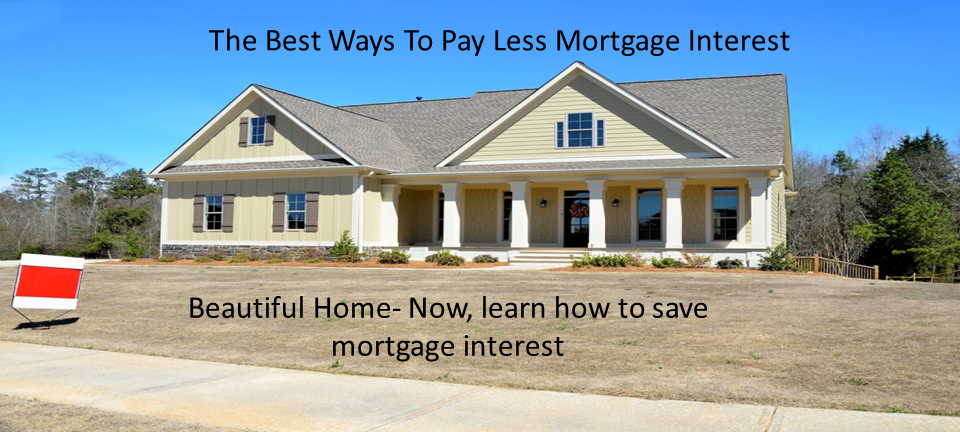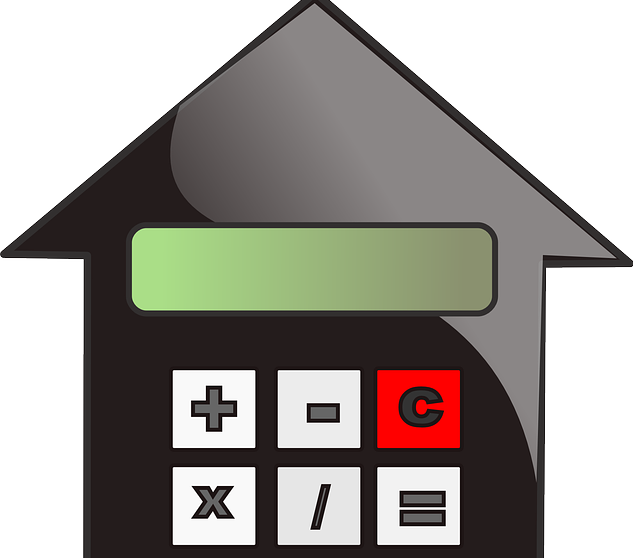How Are Mortgage Rates Determined – this is what to watch for…
While there are a number of loan parameters that will affect your mortgage loan interest rate, be aware that the lender will make some $$$ on your loan. Most lenders will explain this to you and are supposed to tell you how all aspects of your loan is determined. They are not going to give you the lowest rate, without making some percentage of dollars, as that would not benefit the lender.
Some lenders will offer you 0/0, meaning no origination charge and no discount points but you will not get the lowest rate. Normally when this occurs, you will have a higher rate, than the best rate for the day that you lock in your rate. They have to make money somewhere.
Since I have worked exclusively within mortgage lending (many roles), I do have knowledge about how interest rates are determined. I am not talking about the 10-year treasury or the bond market etc. I am talking about how the lender charges you.
Yes, in general terms, mortgage rates depend upon market fluctuations, bond prices, and the 10-year Treasury. Mortgage loans are made into mortgage pools and sold to investors for a price.
The loans in a pool are usually similar in product, term, interest rates, and loan to values. Sometimes the servicing is sold often it is not.
The Secondary Mortgage Market has a hand in how mortgage rates are determined…
What mortgage personnel call the secondary mortgage (where the mortgage is bought and sold), has a lot to do with the overall base rate. Fannie Mae, Freddie Mac, and Ginnie Mae are called secondary market services.
They are government agencies that buy these mortgages to lenders who use those funds to make more loans. Other private investors often buy less-than-perfect loans. At a higher price of course.
Remember though, that even a bank, mortgage loan officer, mortgage lender, or broker has to make money. They would not be in business if they did not make profits, just like any other business.
Here is a list of factors for How Mortgage Rates Are Determined…and the pricing of your loan rate:
- The home price and loan amount are important. This means if you are staying within conforming loan limitations ($625,500), the pricing will be lower. If your mortgage is greater than $625,500 or a jumbo loan, the pricing will be higher.
- Your down payment is also considered. The more down payment, the more equity you will have in your home and the mortgage company/lender loves you to have equity. This is not only good for the lender; it is an advantage for you should the unforeseen happen and you default. Normally all lenders love a 20% down payment. This also means you have no mortgage insurance (MI), and 20% equity immediately. Also great if you need to sell the home and home prices have fluctuated.
- Everyone knows how important credit is when making an inquiry about any loan. Even an auto loan requires a good credit score. The better the score, the more reliable your loan is. Your entire credit history will let the lender know how they can expect you to pay your mortgage loan. If you have in the past had a mortgage late payment or rental; it presents a negative effect for the lender making the loan, much worse than a few late payments on revolving accounts.
- Mortgage terms considered – A 15-year mortgage is more favorable than a 30-year mortgage. The answer to this is simple there is less money to be paid back which makes the loan more attractive to the lender.
- The mortgage product type – Conventional, FHA/VA, ARM loans, USDA Rural Home Loans, etc.
- Rates also increase for a cash-out refinance.
- The interest rate method is considered. Fixed-rate loans are highly preferred by most borrowers and a good sign for the lender. These rates remain in place for the life of the loan.
Adjustable Rates (ARMS) do exist and are used more frequently when interest rates are higher, Interest-only loans were popular at one time. Their favorability is about to diminish and rightly so. This type of interest was significant in causing the mortgage crisis back in 2007 and forward.
A fixed rate is most favorable now and especially since interest rates are so low. However, if interest rates were to increase drastically later, the interest-only product may come back to life.
You and The Lender and Your Rates –How Are Mortgage Rates Determined
Now, let’s talk about you and the lender, and how the lender makes money. An example is this: * This example is not current rates and this can fluctuate…*this post has been updated
3.500% = 0
3.625% = .125
3.750% = .175
4.000% = .200
4.125% = .220
The lender has a list of rates for all products, loan values, terms, and conditions. The interest gives basis points for each rate. The rates above are only examples, but this is how they exist in some instances.
If they offer you 3.500%, they will not get a premium if that is the lowest rate. They may make their money with the 1% origination charge or a discount point that is on your Good Faith Estimate /Loan Disclosure.
If you get a 3.750% interest, they are making .125% on the back end, and the origination (usually). This means the investor is giving them a premium for the higher rate.
If the lender offers you 0/0 or no origination fee, no discount points, and the rate is higher, they are going to make the money on the back end of the loan. The investor will pay the lender a higher rate.
The higher the rate, the more money the originating lender makes. The rate will be within a certain range of rates for that day. This is how they pay their mortgage loan officers, account executives, etc. The money has to come from the mortgage loan one way or the other.
True Example: Yes, I am giving you some inside information here…what I experienced
A few years ago, my husband, and I closed a VA loan refinance. This was not a VA to VA, this was a bank loan to VA loan. On VA loans, you cannot charge a certain cost to the veteran.
Rates were quite low then, in the 3.125 range, and below for VA. They could not charge any fees so they got us on the rate.
Did I complain, yes, however, they told us that was the best rate, and of course, I only had the internet to check what rates were, not their rate sheet. I will not tell you what the rate was but it was significantly higher.
Credit scores were considered good, above average, LTV was 90%+ (but lower than 100%, which VA allows), and there was a VA funding fee attached to the loan. One main issue was that it was a cash-out refinance. However, being unable to charge certain fees; the interest rate was higher to pay the originator.
The above are facts, not fiction! Just so you know to tell your originator…do not lock my rate without checking with me first…bottom line.
Linda Todd- You will always get the truth from this previous Senior Vice President of Operations, Senior Mortgage Loan Underwriter, Loan Officer, Processor, and auditor of previously closed loans.
*Please note the mortgage lending guidelines change frequently and for many reasons, we try to keep up with the changes. However, it is possible that we may have missed some changes that may have been implemented.



